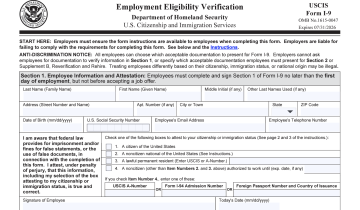Manufacturing has always been a cornerstone of economic strength and innovation. But today, manufacturers face a growing challenge: attracting and retaining the skilled talent needed to meet evolving demands. From technological shifts to changing workforce expectations, the landscape is more complex than ever—and the pressure is on.
Recruiting in a Competitive Market
Manufacturing roles are no longer just about technical skills—they require adaptability, problem-solving, and collaboration. Yet, many organizations struggle to find candidates who meet these evolving needs.
According to MRA’s Industrial Production Trades Survey, employers in production, maintenance, and trade roles face unique recruiting challenges compared to other industries. These roles are shaped by rapid changes in technology, supply chain pressures, and customer expectations. As a result, manufacturers must compete not only with each other but with industries offering more traditional work schedules and perceived flexibility.
Key recruiting challenges include:
- Limited talent pools for skilled trades
- Less desirable shift schedules (second, third, weekend)
- Rising expectations around compensation and career growth
To stay competitive, organizations must rethink how they attract talent. This includes:
- Clear employer branding that highlights culture and growth opportunities
- Pre-employment assessments to identify fit and potential
- Reference and background checks to ensure reliability and reduce risk
Retention: The Cost of Turnover
Recruiting is only half the battle. Retaining skilled workers is equally critical—and increasingly difficult.
MRA’s Turnover Survey revealed that turnover remains a top concern for manufacturers, with many organizations citing compensation misalignment, lack of development opportunities, and poor onboarding as key drivers.
In industrial environments, retention is often impacted by:
- Outdated compensation structures that don’t reflect market realities
- Infrequent pay reviews, leaving organizations vulnerable to competitors
- Limited career pathways, especially for frontline and hourly roles
The Industrial Production Trades Survey emphasizes the importance of compensation strategy. Base pay remains the largest component of total rewards, and shift differentials are a vital tool for offsetting less desirable schedules. Organizations that regularly review market data and adjust pay practices are better positioned to retain talent.
Strategic Solutions for a Shifting Workforce
To address recruiting and retention challenges, manufacturers must take a strategic, data-informed approach. This includes:
- Regular compensation benchmarking using reliable market data
- Structured onboarding and training to engage employees early
- Career development pathways that support internal mobility
- Manager training to improve leadership and team culture
By aligning workforce practices with current trends and employee expectations, organizations can reduce turnover, improve engagement, and strengthen their competitive edge.
MRA’s expertise in talent management, recruiting, assessments, and compensation strategy provides manufacturers with the tools to build productive, resilient workforces. Contact us to see how we can help build yours.






